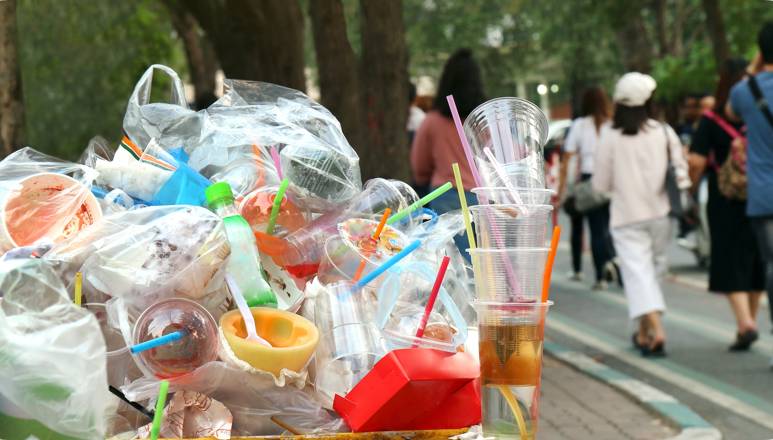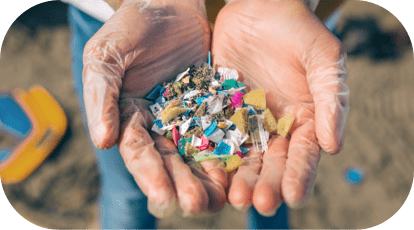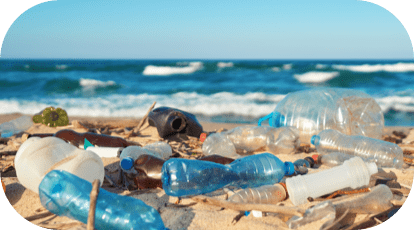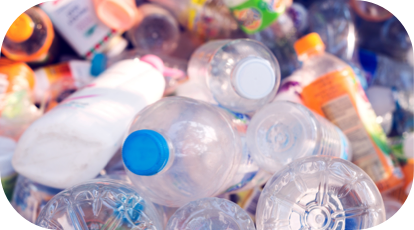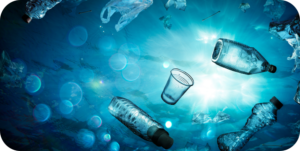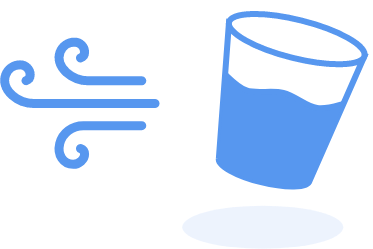The Price We Pay For Convenience: The True Impact Of Plastic Cutlery
Plastic cutlery may seem cheap and convenient, although in reality it’s anything but. As individuals and a society, we pay a tremendous – and often hidden – price for using plastic so freely.
Here’s a jaw-dropping statistic: how long do you think it takes plastic cutlery to decompose or break down? The answer is 200 years, according to estimates that show that plastic cutlery will take over two centuries to decompose in optimum conditions – buried in a landfill however, they may never break down!
The thing is, plastic is so convenient, so cheap, and so easy. As a society, we rely on plastic like disposable cutlery, for its convenience. Yet we don’t always know the terrible price we all pay for the seeming advantages that plastic offers. The price in terms of waste, in terms of pollution, in terms of health issues.
Plastic Health Concerns
Single use plastics are bad for almost everyone. According to Beachapedia, tests showed that 93% of water in plastic bottles contains microplastics, 97% of children tested had plastic byproducts in their systems, and 94% of tap water sampled in the US contained plastic.
Plastic Pollution
Much of the single use plastic that we use ends up on beaches, in rivers and in the ocean. Just one tragic example: almost 40% of leatherback sea turtles found dead had swallowed plastic. You may have seen or heard about the controversial documentary Seaspiracy which documents the terrible toll that plastics take on our oceans.
Plastic Waste
Many people recycle plastic bottles or plastic cups, and feel pretty good about themselves, as they should. Well, here’s the bad news: much of our single use plastic isn’t suitable for plastic recycling, and only 9% of plastic is generally recycled. All of this can be sobering. However there is a light at the end of the plastic pollution tunnel. And the great news is that you can be part of the solution.
Being part of the plastic pollution solution
At Watergen, solving plastic pollution is part of our mission. And it can be part of yours, too. What can you do to make an impact? There are 5 main things that can be done right now:
Reduce your use of plastics
Reuse plastic items where possible (and safe)
Refuse single-use plastics
Recycle plastic where possible
Radiate positivity, spreading the message that change is possible!
Part of this is an awareness of what’s currently being done to tackle plastic pollution, including banning plastic altogether, and many governments’ initiatives to implement a plastic tax, together with promoting biodegradable cutlery.
Plastic tax is moving from the discussion phase to becoming law in many jurisdictions throughout the world. For example, the UK is enacting a £200 per ton tax from April 2022; the EU is mandating a plastic tax (or contribution by member states) at a rate of €0.80 per kilogram. In the U.S., there is currently a proposal for a plastic tax in the form of a “$0.20 per pound fee on the sale of virgin plastic used to make single-use plastics.” What’s more, 27 countries currently have a tax on plastic bags or a plastic bag ban in place.
Just like you, we at Watergen want to make a difference. Watergen’s innovative technology is being used every day to generate fresh drinking water for those people often most impacted by plastic pollution. Watergen solutions enable the elimination of carbon-intensive supply chains and environmentally-harmful plastic waste, creating a world where clean, fresh, and safe drinking water is available to everyone.
Don’t forget to share this post

